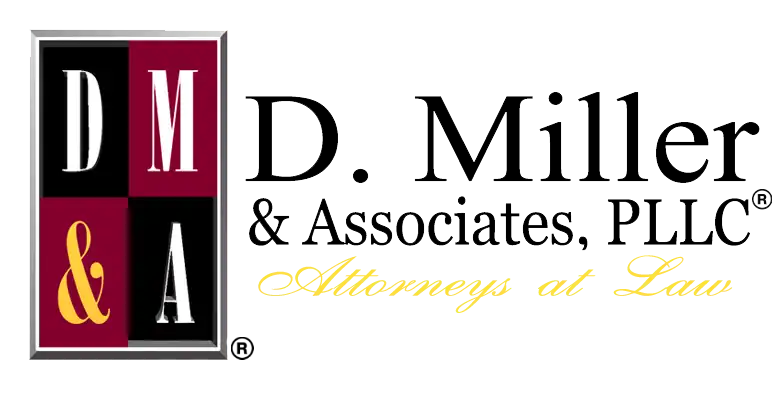An accident with a semi-truck is never a fender-bender. These massive vehicles can cause colossal damage to your property and your person. Your car, body, and family might have suffered devastating injuries due to a collision with a commercial vehicle.
You may be able to file a lawsuit against the responsible party in a Victoria, TX commercial vehicle accident. Unlike collisions with regular vehicles, the liable party may not be just the driver. Employers of commercial drivers are often responsible for the consequences their workers caused.
If you are looking for a commercial vehicle accident lawyer in Victoria, TX, contact D. Miller & Associates, PLLC™. Our team is ready and is on standby. Call us at (713) 850-8600 with your questions.
Filing Against the Responsible Party
Companies are responsible for hiring, onboarding, and training their employees. In the case of commercial drivers, the employer may also be responsible for their actions. Vicarious liability places the business accountable for property damage, injuries, and more that their drivers produced.
Accidents that are the result of a driver’s error are called preventable accidents. The driver failed to act in an expected and reasonable way and, therefore, failed to prevent the collision. For example, a driver should maintain a safe distance from the car ahead so that even if the car stopped abruptly, the driver would have enough time to stop.
Although you may have gathered contact and insurance information from the truck driver, a different party may be responsible. The commercial transportation industry has a lot of cogs. The driver’s employer might not be the responsible party if the accident was the result of:
- A defective truck part
- The cargo loader’s mistake or negligence
- The truck having a manufacturer’s defect
- The maintenance group’s mistake or negligence
- The weather
For example, the trucking company is responsible for maintenance on their trucks to ensure they are working properly. If a part of the truck’s system caused the accident, the company might point fingers at mechanics and the part or truck’s manufacturer.
Evidence in a Trucking Lawsuit
Texas is an at-fault state, and you will need to prove that the other party is responsible for the collision. As your legal team, we will need to gather evidence that supports the claim of who is responsible for the accident.
For a commercial truck lawsuit, some key pieces of evidence can include the following:
- The driver’s log of driving and rest periods
- The truck’s computer log
- The truck’s maintenance log
- Any mandatory testing the driver took, such as a sobriety test
- The driver’s personnel file and driving record
- Photos and videos of the collision
In addition to evidence to prove liability, we may also need certain documentation to back up your lawsuit request. For instance, you may need to hand over:
- Medical records noting the injuries you and your family members suffered.
- Medical bills that you or your insurance covered.
- Professional testimony detailing mental suffering or future treatments.
- Repair and replacement quotes for your vehicle.
- Other expenses, such as funeral and burial costs.
- Former paystubs if seeking reimbursement for lost wages.
Evidence strengthens your case, which is valuable during negotiations with the liable party. At D. Miller & Associates, PLLC™, we can help you pursue your claim and explain your legal options in practical language. Call us at (713) 850-8600 if you are looking for a commercial vehicle accident lawyer in Victoria, TX to fight on your behalf.
Starting the Legal Process
According to Texas Civil Practice and Remedies Code §16.003, you have two years to pursue a personal injury or wrongful death lawsuit. In cases of personal injury, this two-year period starts on the day of the accident. For wrongful death cases, the time starts on the day of the death, even if it has been weeks to months after the collision.
The first step is to send a letter with your financial demand to the trucking company or other party. Your financial demand is the sum to cover your losses from the accident. It may include:
- Medical debts. Injuries from commercial truck accidents are often severe and require extensive medical treatment.
- Property damage. The size and weight of a semi-truck can crush smaller vehicles and destroy buildings. The costs to repair or replace property are often high.
- Pain and suffering. Texas law puts a cap on the amount each person can receive for non-economic damages, such as the physical and mental anguish you and your family suffered. Although the state limits this amount, it is only a portion of what you can request overall.
Whether it is the driver, employer, or manufacturer, your claim will most likely go before the policyholder’s insurance company. The insurance company is not likely to pay your initial asking price, but it is a step into negotiations.
How We Help
Having a commercial vehicle accident lawyer in Victoria, TX and a team of legal professionals working on your side allows you and your family to focus on recovery. While we negotiate, you can work on putting your life back together.
Most truck claims end in a settlement. A settlement is a sum that both parties agree to. The company’s representatives will argue for a lower amount than you demanded during negotiations. As your lawyers, we will fight for your claim. It will be your decision to accept the settlement or move to court proceedings.
If you do not accept the settlement, we file a lawsuit. This will start the “discovery” step, which is when both parties exchange evidence, witness statements, and other information. We will then prepare for trial based on the discovery.
We understand that one of the most frustrating things when seeking a lawsuit award is not being able to reach the people you need. We pride ourselves at D. Miller & Associates, PLLC™ on being accessible to our clients. Call us at (713) 850-8600 to speak to one of our team members about your claim and questions.

